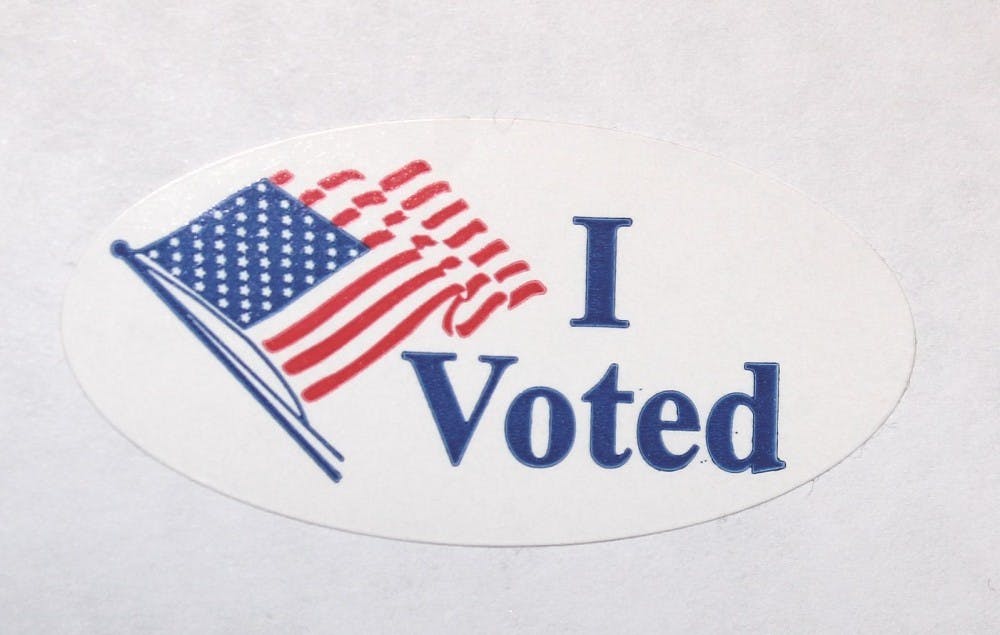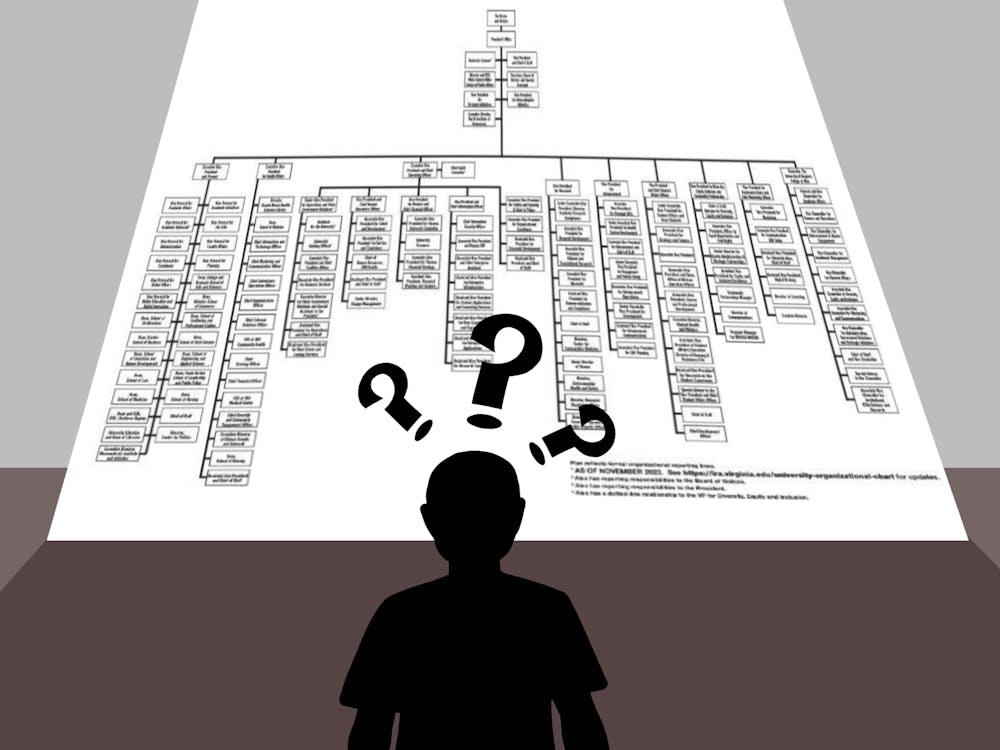Lack of engagement in state politics is a widespread and debilitating issue throughout the Commonwealth. National politics — like Supreme Court cases, congressional and presidential elections — are more widely advertised, discussed and participated in, even though state and local politics are more impactful to citizens’ lives. In order to maximize the effects of our advocacy and exercise our right to vote to the fullest extent, students should be as involved and engaged in state and local elections as they are in national elections — especially with the upcoming statewide elections.
The University has a particularly engaged student body when it comes to political action — unfortunately, most of the engagement comes from the presidential elections. Low voter turnout in non-presidential elections is also reflected in the University’s own Student Council and referenda elections, in which only 41.6 and 25.4 percent of students, respectively, participated this past spring. While still not reaching a majority of students, these elections saw an incredible increase in turnout compared to the previous year. We need to continue to exercise our right to vote and extend our engagement to the state level.
As a public university, state policy and law control many operations at the University. According to a study commissioned by the General Assembly, “state operating funding per in-state student is one-third less than it was in the late 1990s.” These declines in state funding have led to increased tuition at Virginia’s state universities almost every year since. Thus, voting in state elections is essential and gives us a chance to elect leaders and influence policies like increased state subsidies.
As an intern on Sean Perryman’s Campaign for Lieutenant Governor, I came face to face with the apathy and disinformation surrounding local and state elections. Voters often seem to think only presidential and congressional candidates are worth turning out for, perhaps because they are the most widely covered and controversial. While less flashy, Virginia elections are often contested and rife with important issues. For example, most of the legislation that defines reproductive rights, LGBTQ+ rights and public education is passed on the state level.
One key issue is that voters simply aren't aware of state government elections. Positions like lieutenant governor or attorney general might remain elusive to the general public, and local governments and organizations can and must increase awareness of these important offices and their elections by providing resources and information.
Students frequently champion progressive policies and action, but they must take the time to recognize the role of state elections in such goals. Earlier this year, the General Assembly addressed inequity in criminal justice reform and healthcare for LGBTQ+ individuals. However, most attention remains on Supreme Court cases and congressional action related to these issues, creating “news deserts” that leave voters misinformed. National politics garners more attention among the student body, but our advocacy can be more powerful within our state. We need to advocate for change while backing it up with our votes.
The University needs to mitigate the disinformation and inaccessibility surrounding state elections. All election days should be University holidays, with no classes, exams or assignments due. Additionally, the University should provide students with information and resources about registering to vote and polling places for all different local elections — especially since Grounds covers multiple voting jurisdictions. Simple email reminders and providing links to voter registration forms takes minimal effort on the part of the University while empowering students to exercise their right to vote.
Your vote matters. Only a few years ago, Virginia Democrats were able to change the power balance in the state legislature by winning a delegate seat by a single vote. State politics affect you and your community — be the one to raise the minimum wage, bring internet access to rural communities or support sustainable energy.
While the pandemic has led to less restrictive early voting policies, it is still as important as ever to vote in any way we can. The University is one entity that should work to close the turnout gap so every eligible student can vote. The franchise is one of the most important and most-fought-for rights we have as citizens, and we should exercise it in every election available to us. Every registered student should vote early, absentee or in person — it takes individual action to create collective action.
Nicole Chebili is an Opinion Columnist for The Cavalier Daily. She can be reached at opinion@cavalierdaily.com.
The opinions expressed in this column are not necessarily those of The Cavalier Daily. Columns represent the views of the authors alone.





